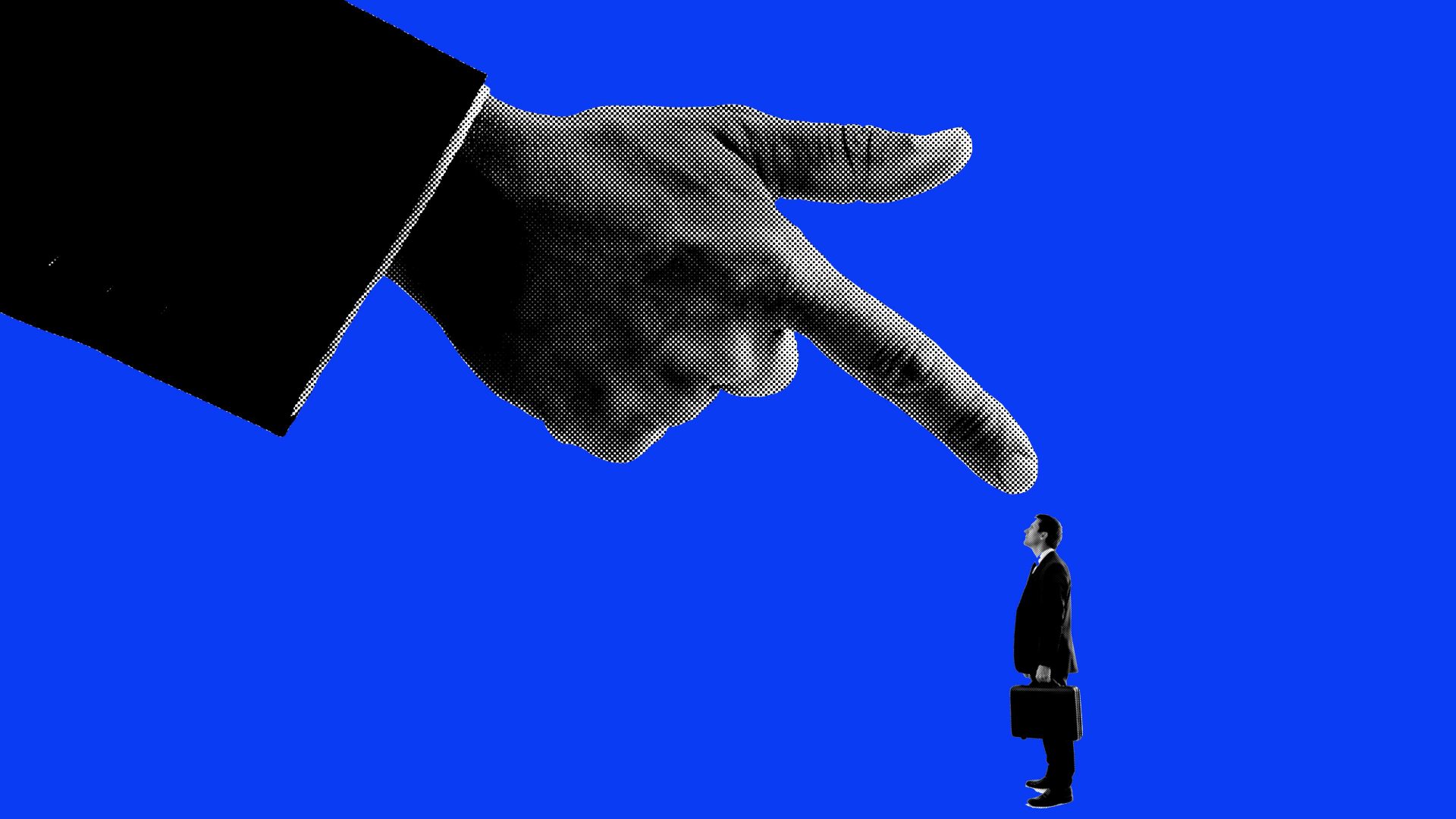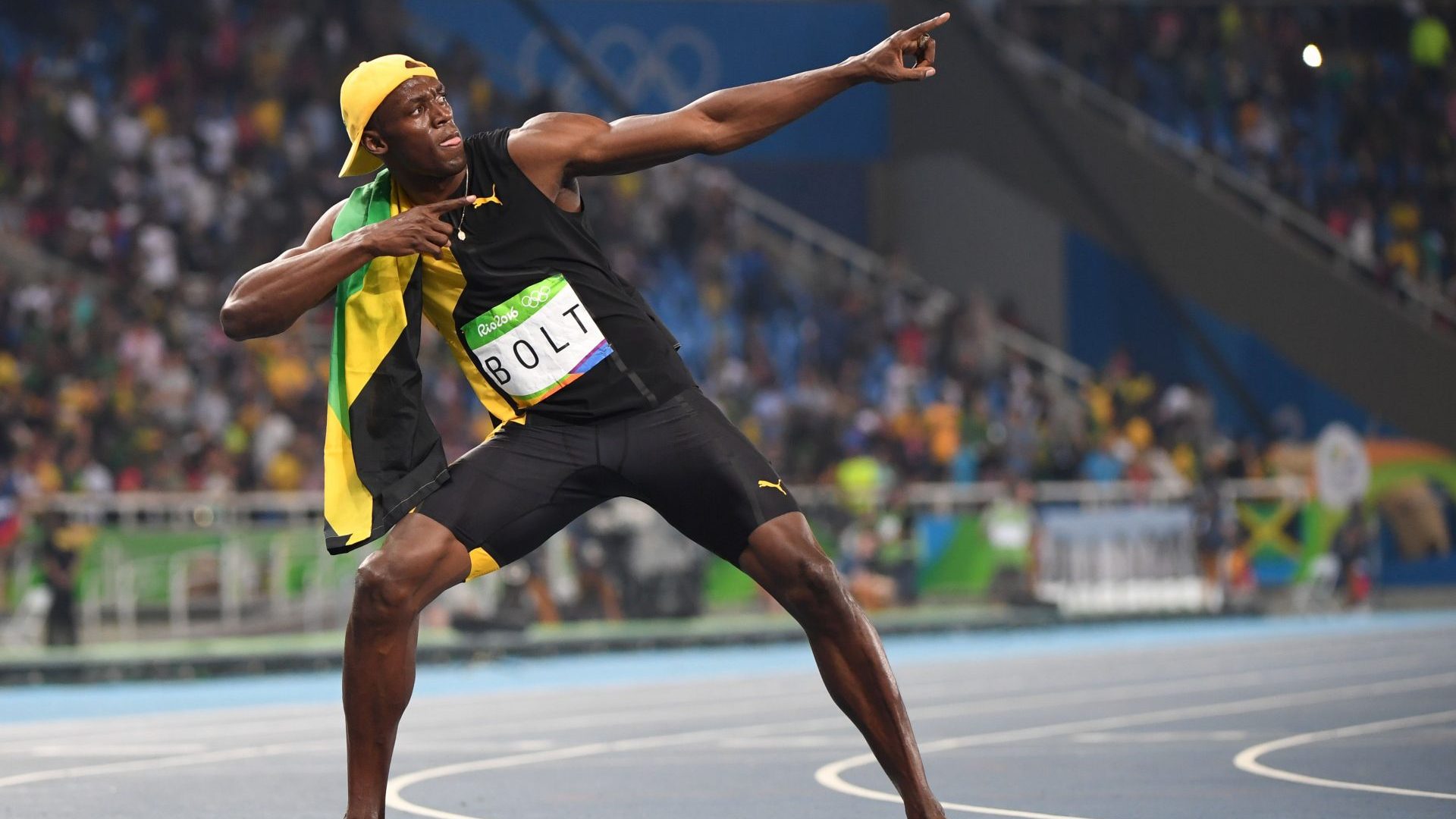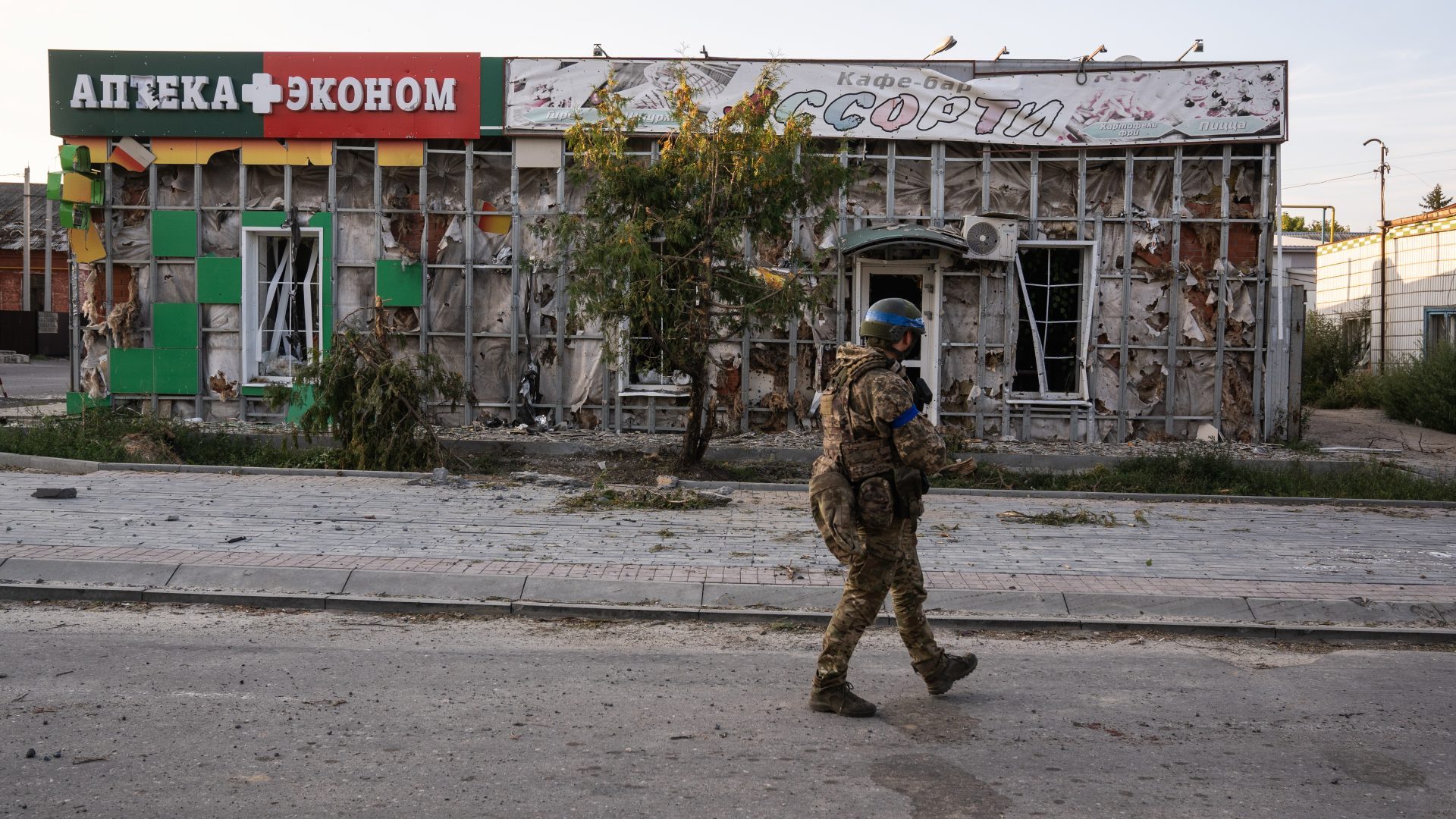Appalled by the mounting losses at the construction company he led, Isao Inokuma, a former Olympic gold medallist, took his own life. His death in 2001 is believed to be the last in which a Japanese corporate leader literally fell on his sword. There have, however, been plenty of instances of the country’s chief executives painfully bowing out after admitting to “unbearable shame” over failings in their organisation.
In the UK, the concept of shame itself seems to have all but vanished from the public arena. Those who have presided over corporate disasters hang on to their jobs until hefty payments ease their departure, usually explained as “to spend more time with their families” rather than because of any sense of culpability. Often they reappear in lucrative new roles within months.
In the political world, Teflon coats seem to come with the job. Politicians blame failings on civil servants, markets, the weather – anything and everyone apart from themselves.
The most recent and extreme example of the latter shamelessness comes in the form of Liz Truss. Only last week the former prime minister was promoting her discredited ideas and her equally dire book about them, when the brilliant activists Led by Donkeys unveiled to her audience an image of the Liz-like lettuce with the slogan “I trashed the economy”. Pronouncing it “not funny”, she flounced off the platform but not, unfortunately, the world stage.
Yet the lack of contrition in politics is relatively recent. The doctrine of ministerial responsibility held that failings in departments should be attributed to the parliamentarian in charge, and resignation was required. Today, the favoured response is a public inquiry, a long and expensive recipe for obfuscation that neither leads to punishment nor ensures similar mistakes are avoided in future.
Wes Streeting, the new health secretary, has said there will now be an inquiry into the NHS failings that contributed to Valdo Calocane murdering three people last year. It must, he said, provide “accountability”. Anyone who hopes that might mean an individual taking responsibility for allowing to roam free an individual who had been labelled a possible killer is likely to be disappointed. Another NHS inquiry, into the scandal of thousands of people dying as a result of contaminated blood, concluded last year after six years. Many of those involved are long-retired and no one has come close to declaring a fulsome mea culpa.
Meanwhile, the Horizon inquiry into false prosecutions of sub-postmasters, established in 2021, is scheduled to conclude late this year. Hundreds of innocent victims had their lives ruined, some were driven into bankruptcy and a few to suicide.
The reluctance of directors in office at the time to take any responsibility has been extraordinary. Paula Vennells, then chief executive, was eventually deprived of the CBE she had been awarded in 2019, and she resigned the directorships she had since assumed. As the sum total of the penalty borne by those who were, in boardroom custom, responsible for the misery, this does seem tantamount to mockery.
Finding the hundreds of millions of pounds to compensate the wronged sub-postmasters falls to the taxpayer, since the Post Office is defined as an “arm’s-length body” – an organisation owned by the government but run by an independent board.
The Horizon inquiry will make recommendations, yet Sir Wyn Williams, the chair, is unlikely to pronounce death to the corporate or political careers of those involved. If real change is to be achieved and future disasters avoided, then those who cause them or allow them to happen should be seen to pay a price.
This principle has been accepted in banking and finance. Why should the financial world be unique?
The government’s prompt and tough response to this summer’s riots has demonstrated a conviction that dangerous behaviour has to have consequences. That principle should hold good on a wider scale.
Providing PPE that did not provide proper protection against Covid, for instance, put lives in danger. Rachel Reeves, the chancellor, has promised a Covid commissioner to claw back the huge amounts lost to fraud during the pandemic. That scandal offers plenty of scope for shame to be admitted – and paid for with more than words.




